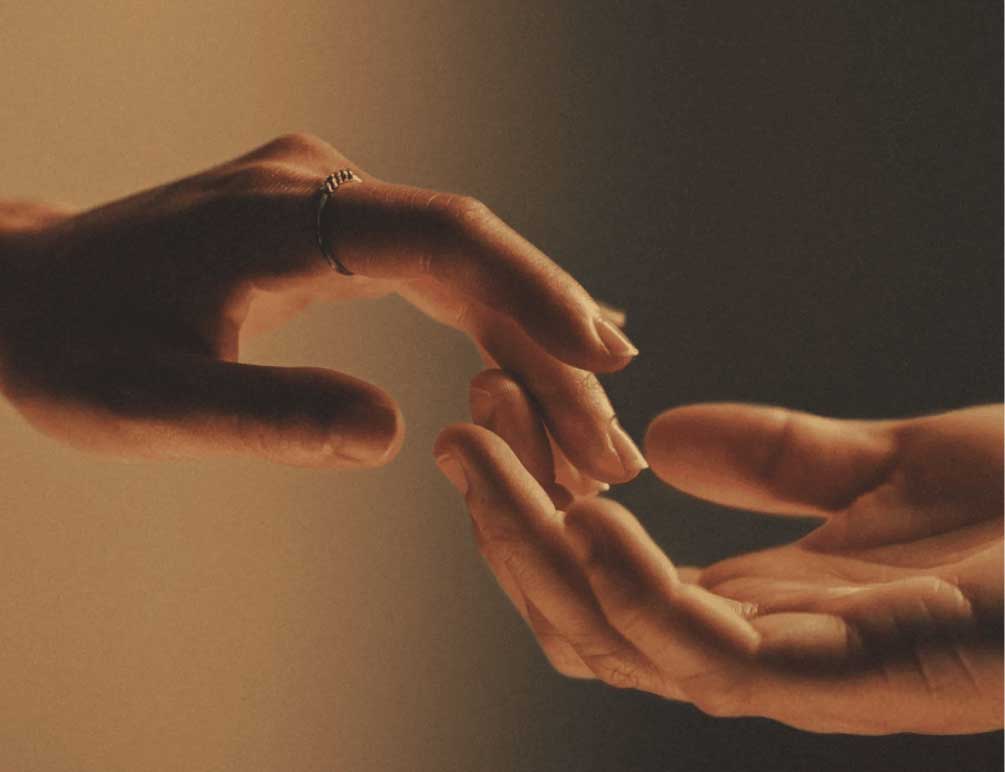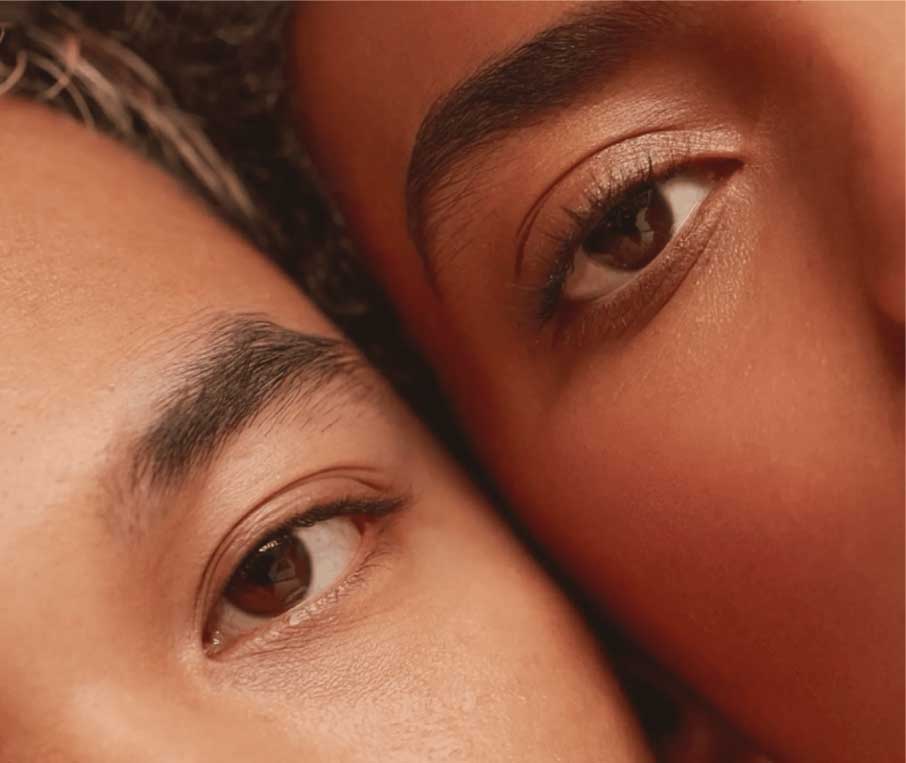Dating Someone with OCD: Key Tips
Dating someone with OCD (Obsessive-Compulsive Disorder) can be both meaningful and complex. To maintain a healthy connection, understanding the condition is essential. This guide explores what OCD is, why it occurs, and how to foster a supportive relationship.
What is OCD and why does it occur?
Obsessive-Compulsive Disorder (OCD) is a chronic mental health condition characterized by obsessions—unwanted, intrusive thoughts—and compulsions, which are repetitive behaviors performed to relieve the distress caused by those thoughts (American Psychiatric Association [APA], 2013).
OCD affects roughly 2.3% of U.S. adults over their lifetime (Ruscio et al., 2010).
It may stem from genetic, neurological, and environmental factors. Neuroimaging studies have found abnormalities in brain circuits related to decision-making and emotion regulation (Stein et al., 2019).
Is it difficult dating someone with OCD?
Dating someone with OCD presents unique challenges that require patience, adaptability, and emotional awareness. The difficulty often stems not from the relationship itself but from the misunderstandings surrounding the disorder.
OCD can sometimes lead to behaviors that seem irrational or time-consuming to an outside observer, such as repeated handwashing, rechecking things, or seeking constant reassurance.
These behaviors are not personal attacks or manipulative tactics—they are coping mechanisms for intense anxiety and obsessive thoughts.
For example, a partner may repeatedly ask if you’re upset or if you love them, not because they doubt you, but because their OCD fuels an intrusive fear of rejection. This can become emotionally taxing if not addressed with care.
The good news is that many couples navigate these waters successfully. Open communication, education, and a shared commitment to managing OCD symptoms—especially when treatment is involved—can significantly reduce friction. In fact, a relationship with someone who has OCD can thrive when both partners work as a team.
Some individuals with OCD also demonstrate high levels of emotional depth, empathy, and introspection. These qualities can be a great strength in romantic relationships, allowing couples to develop meaningful, resilient bonds.
What is the 15-minute rule for OCD?
The 15-minute rule is a cognitive-behavioral strategy often used in Exposure and Response Prevention (ERP) therapy, one of the most effective treatments for OCD (APA, 2013). This rule encourages individuals to delay engaging in compulsive behaviors for 15 minutes, gradually increasing the delay over time.
The purpose is to weaken the link between the obsessive thought and the compulsive action, allowing the brain to learn that anxiety can subside without completing the compulsion.
In a relationship, understanding the 15-minute rule can help partners support one another in moments of high anxiety. Instead of enabling compulsive behaviors (like answering reassurance-seeking questions immediately), you can gently encourage the delay strategy. For instance, if your partner compulsively checks if they locked the door, you might suggest taking a short walk together before returning to check.
Importantly, the 15-minute rule is not about denial or resistance—it’s a practice in tolerance. Over time, and with consistent application, many people find that the intensity of their urges begins to lessen (Twohig et al., 2015). Partners who are aware of and participate in this process can become powerful allies in the treatment journey.
This technique also empowers the person with OCD to reclaim agency over their actions. By encouraging them to “sit with the discomfort,” you help shift the relationship from one of reactive support to long-term growth.
Can you have a healthy relationship with someone with OCD?
Absolutely. A healthy, fulfilling relationship with someone who has OCD is not only possible—it’s common among couples who prioritize empathy, structure, and emotional intelligence. The key lies in maintaining mutual respect and open dialogue, especially around how OCD manifests in daily life.
It’s essential to distinguish between the person and the disorder. OCD does not define your partner—it’s one aspect of their mental health, much like diabetes is to physical health (Abramowitz et al., 2014). By making this distinction, couples can focus on navigating the symptoms together rather than letting them dominate the dynamic.
Couples who thrive in these scenarios often establish routines that accommodate mental health needs while reinforcing equality. For example, you might agree on language to use when an OCD trigger arises, or participate in therapy together to better understand each other’s needs. Emotional intimacy can grow stronger when both individuals feel heard and supported.
Trust and flexibility are foundational. The more you both learn and adapt together, the less power OCD has to influence the relationship dynamic. Many partners even report that navigating OCD as a couple deepens their sense of connection.
How to deal with an OCD partner?
Dating someone with OCD and giving them the right support means walking the line between empathy and enabling.
With education, patience, and healthy limits, it’s possible to grow together without losing yourself.
Here are practical ways to support your partner while maintaining your own well-being:
- Learn the basics of OCD from reliable sources.
- Communicate openly without judgment.
- Avoid participating in compulsions.
- Set and maintain healthy boundaries.
- Remind your partner of tools learned in therapy.
- Focus on shared goals and quality time together.
These steps not only foster a stronger bond but also create a healthier dynamic for managing OCD over time (Wetterneck & Hart, 2012).

Learn about OCD, be compassionate, and protect your boundaries.
The first step in dating someone with OCD is education. Learn about the disorder from reputable sources such as the International OCD Foundation or clinical research journals. Understanding the mechanisms of OCD allows you to better interpret behaviors and separate the person from the symptom.
Communication is equally important. Regular, non-judgmental conversations about how OCD is affecting your partner and your relationship help prevent resentment and burnout. Use “I” statements to express your feelings and avoid language that implies blame or frustration (Boisseau et al., 2018).
Boundaries are essential in any relationship, but especially when one partner has OCD. While it’s okay to offer support, it’s not your responsibility to participate in compulsions or enable avoidance behaviors.
You can be compassionate while still saying no to actions that reinforce the disorder.
For instance, if your partner asks for constant reassurance, you might gently remind them of their therapy tools instead of offering repeated validation.
It’s also helpful to focus on shared goals, rather than just the OCD symptoms. Building routines, planning enjoyable activities together, or working toward a common milestone can shift focus toward the positive aspects of the relationship.
What not to say when dating someone with OCD?
Certain phrases can unintentionally harm someone with OCD, especially when they feel invalidated or misunderstood. Statements like “Just relax,” “Everyone gets anxious,” or “You’re being dramatic” can deepen shame and increase emotional distance when dating someone with OCD (Stobie et al., 2007).
Instead, strive for supportive and validating language. Say things like, “That sounds really difficult,” or “How can I support you right now?” These responses acknowledge the person’s pain without judgment and open the door for honest communication.
Also, avoid trying to rationalize away their fears. OCD is not rational—it’s rooted in fear loops and brain circuitry that logic alone can’t override (Stein et al., 2019). Offering support, encouraging therapy, and remaining patient are far more helpful than trying to fix the issue through debate.
Avoid humor that minimizes symptoms. While humor can be healing, jokes about OCD being “quirky” or “neat freak behavior” can reinforce stigmas and discourage openness.
Explaining OCD to friends or family
When you’re dating someone with OCD, friends or family may not fully understand the dynamics of your relationship. Having clear, calm conversations about what OCD is—and what it isn’t—can create a more supportive environment.
Explain that OCD is an anxiety disorder that requires treatment and support, not judgment or unsolicited advice (APA, 2013). Offer a few examples (with your partner’s consent) of how it affects daily life. Let others know what kind of support is helpful and what behaviors to avoid.
This education can also prevent misunderstandings and reduce social friction during family gatherings or events. When the support system around both of you understands the situation, your partner can feel safer and more empowered.
Self-care for the non-OCD partner
Being a supportive partner does not mean neglecting your own needs. It’s crucial that you also care for your emotional, physical, and mental well-being. Burnout is common when one partner takes on the role of constant caretaker (Wetterneck & Hart, 2012).
Make time for your hobbies, rest, and other relationships. Talk to a therapist or join a support group if needed. Remember that your well-being contributes to the health of the relationship.
Practicing compassion without losing yourself is a balancing act. When you’re rested, grounded, and emotionally nourished, you’ll be in a much stronger position to offer meaningful support.
Ready to Strengthen Your Relationship?
Dating someone with OCD requires tools, guidance, and compassion. You don’t have to go through it alone. At Sessions Health, we offer professional support tailored to couples dealing with OCD, anxiety, and emotional challenges.
Whether you’re in Beverly Hills, New York, or prefer convenient online sessions, our team of licensed therapists—led by experts like Dr. Mel Corpus—is ready to help you build a relationship grounded in understanding and growth.
Visit Sessions today to schedule a consultation and take the first step toward a more connected and resilient future together.
